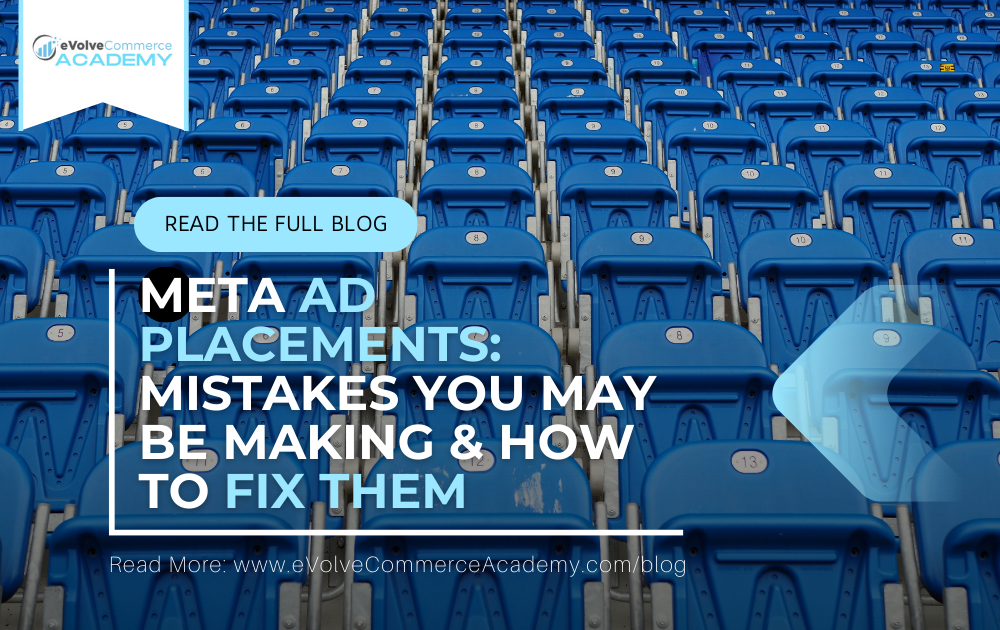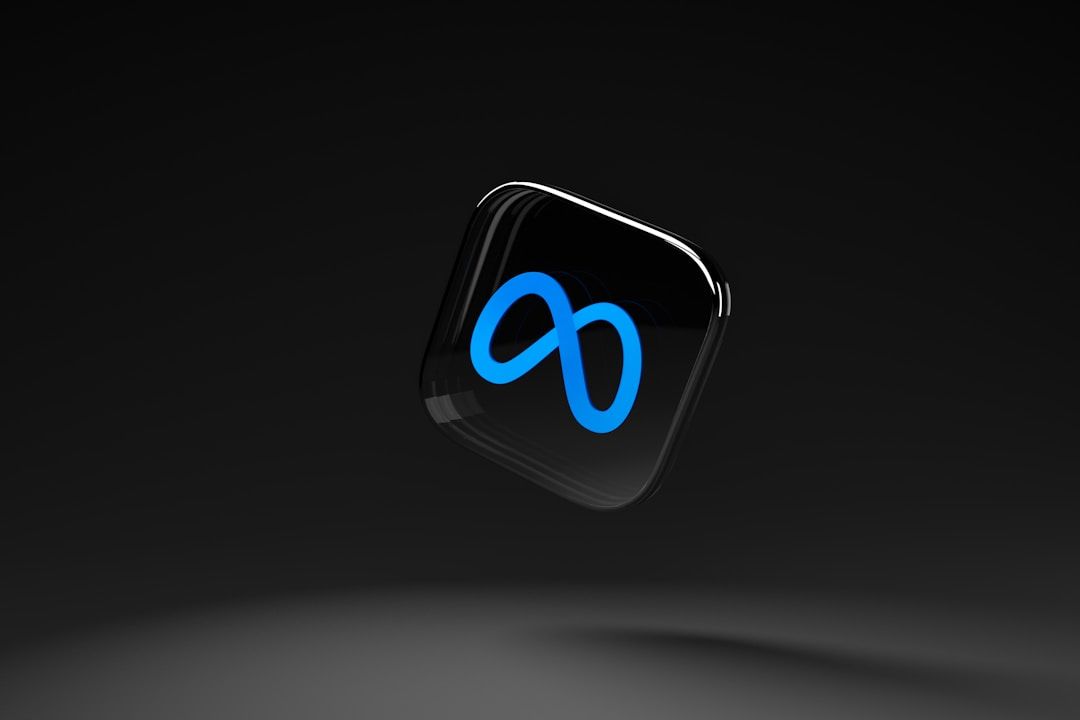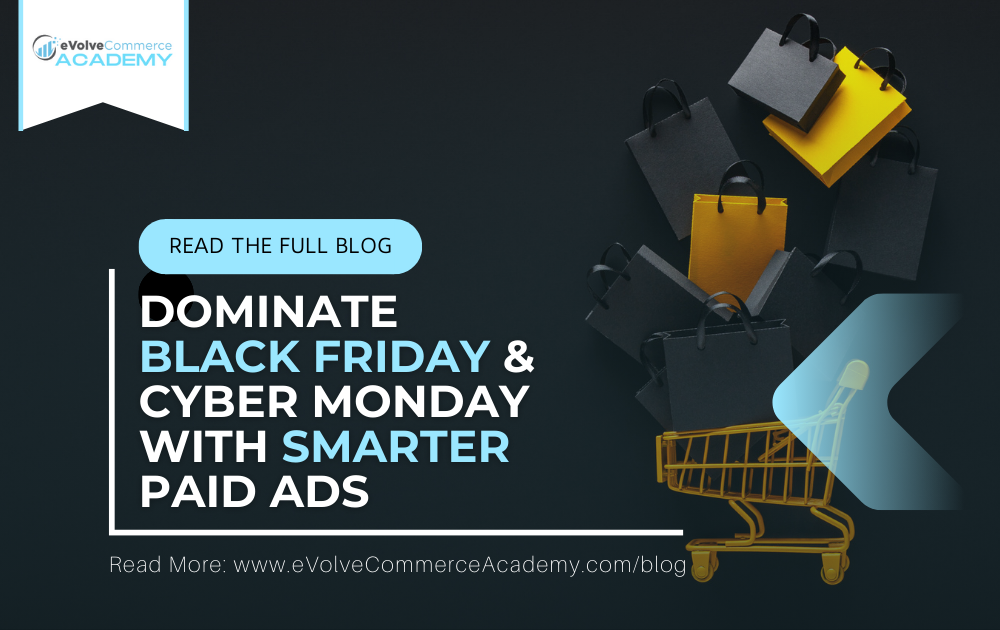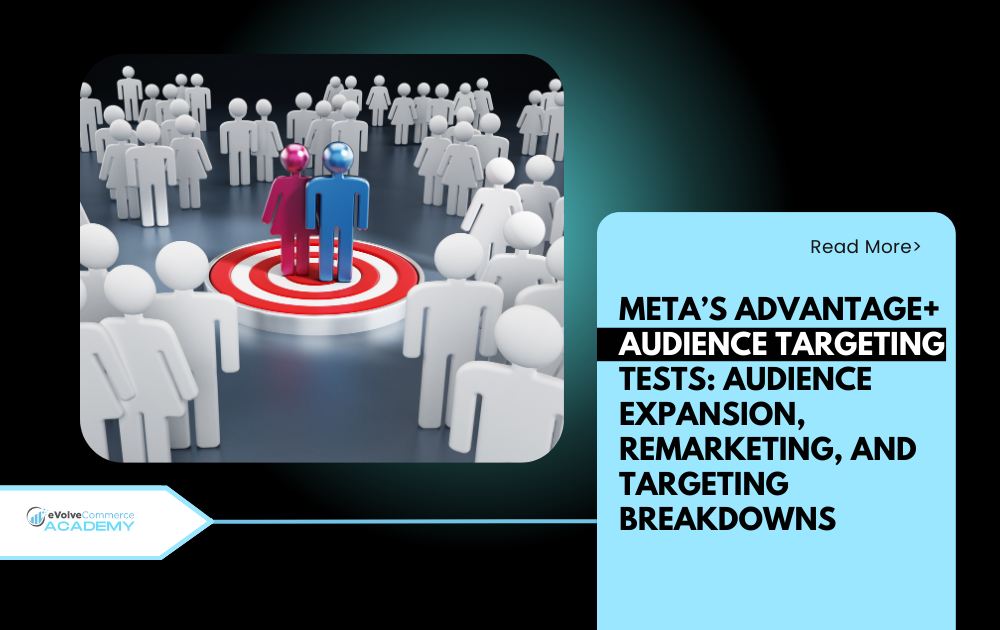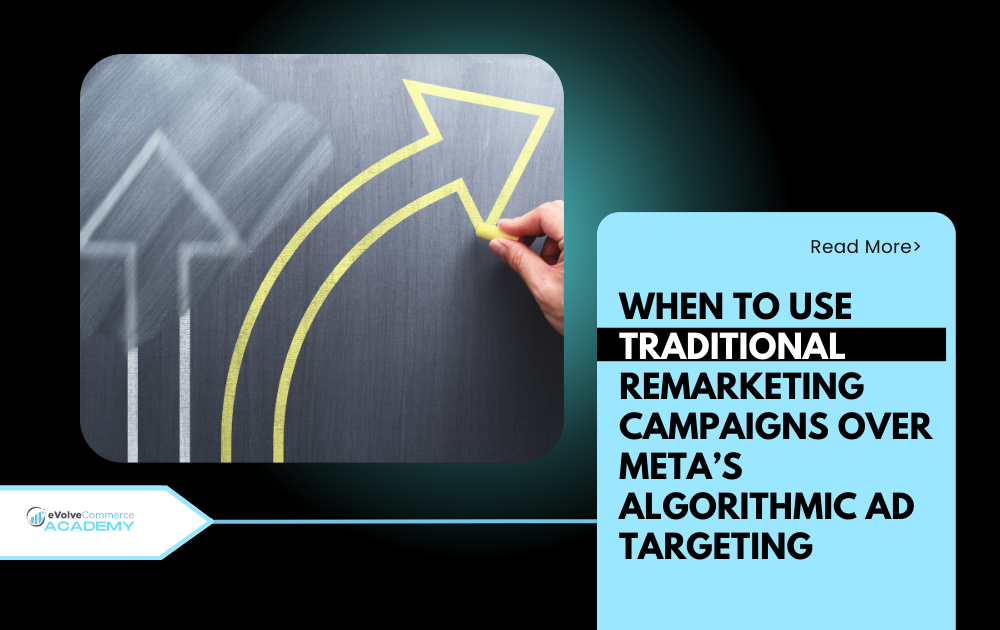Meta's New Audience Segments & Learning Phase for Sales Campaigns: An Improvement To Scale Campaign Performance

Meta's New Audience Segments & Learning Phase for Sales Campaigns: An Improvement To Scale Campaign Performance
Meta's New Audience Segments for Sales Campaigns
As an online retailer striving to grow your sales, staying updated with the latest advertising tools and features is crucial. Meta's recent introduction of Audience Segments for all sales campaigns is a significant development that you should be excited about. This feature, previously exclusive to Advantage+ Shopping Campaigns, is now available for manual sales campaigns, offering deeper insights and enhanced transparency.
What Are Audience Segments?
Audience Segments allow you to categorize your audience into specific groups, providing better-targeted advertising and more detailed reporting. You can define two main segments: Engaged Audience and Existing Customers.
Engaged Audience: This group includes individuals who have interacted with your brand but haven't made a purchase yet. Use your email list and website visitors to define this segment. There's no need to exclude those who have purchased, as the segmentation process will handle this.
Existing Customers: These are your past buyers. You can define this group using specific website custom audiences and email segments.
Why Is This Important?
One of the challenges with Advantage+ Shopping Campaigns was the lack of control over targeting, as it relied heavily on algorithms. With the introduction of Audience Segments to all sales campaigns, you can now have better control and transparency over who sees your ads and how your budget is allocated.
Enhanced Reporting and Insights
By defining these audience segments, you gain the ability to break down your ad performance by demographic categories. Using the "Breakdowns" dropdown menu, you can now see separate rows for Existing Customers, Engaged Audience, and New Audience. This feature provides critical insights into:
Budget Allocation: Understand how much of your budget is spent on different audience segments.
Performance Analysis: See where your results are coming from, whether it's from new prospects, engaged users, or existing customers.
Practical Benefits
This transparency and detailed reporting allow you to make data-driven decisions to optimize your ad campaigns. You'll be able to see precisely which segments are driving the most conversions and adjust your strategies accordingly. This is particularly helpful for manual Sales campaigns, giving you a clearer picture of your ad performance.
Future Prospects
While this feature is currently available for Sales campaigns, there is hope that Meta will expand it to all campaign objectives. This would provide even more comprehensive insights and benefits across all types of advertising efforts.
The introduction of Audience Segments for all sales campaigns by Meta is a significant advancement for online retailers. It enhances transparency, improves targeting, and provides valuable insights that can drive more effective advertising strategies. By leveraging these features, you can optimize your ad spend, reach the right audience, and ultimately grow your online sales.
A New Learning Phase: What Online Retailers Need to Know
Online retailers are always on the lookout for ways to optimize their advertising campaigns for better results. Meta's recent changes to the Learning Phase are promising to make a significant impact. Here's what you need to know.
Understanding The Learning Phase
The Learning Phase is the period after you publish a new ad set or make a significant edit, during which Meta’s ad algorithm learns how best to deliver your ads for optimal results. Traditionally, this has required 50 optimized actions within a seven-day period. If this volume isn't met, your ad set enters "Learning Limited," which can hinder optimal results.
The Challenge with High-Value Conversions
For many online retailers, especially those with high-value purchases, achieving 50 conversions in a week can be challenging. This often leads to sub-optimal results or forces advertisers to avoid optimizing for purchases altogether.
The New Learning Phase Requirements
Recent reports from advertisers suggest a significant change: the Learning Phase now may require only 10 conversions within three days. This shorter window and lower conversion requirement mean that achieving the necessary volume for exiting the Learning Phase is much more feasible. For many retailers, this translates to needing just over three sales per day, rather than the previous requirement of seven per day.
The introduction of Audience Segments for all sales campaigns by Meta is a significant advancement for online retailers. It enhances transparency, improves targeting, and provides valuable insights that can drive more effective advertising strategies. By leveraging these features, you can optimize your ad spend, reach the right audience, and ultimately grow your online sales.
The Impact on Your Campaigns
This change is substantial. If you struggled to exit the Learning Phase before, this adjustment offers a much better chance. Additionally, some advertisers have noted that their ad sets sometimes skip the Learning Phase altogether, entering Active status immediately. This suggests that the Learning Phase is becoming more forgiving and may require less data to exit.
Why the Change?
The shortening of the Learning Phase and, in some cases, its apparent bypassing, likely reflect improvements in Meta's machine learning and AI capabilities. With more or better data, Meta can more quickly determine how to optimally deliver your ads.
What This Means for Online Retailers
Greater Flexibility: You can now optimize for purchases without the high pressure of achieving 50 conversions in a week.
Improved Performance: With a more achievable Learning Phase requirement, your ads are more likely to reach optimal performance sooner.
Better Data Utilization: Leveraging improved AI and machine learning, Meta is providing a more efficient ad delivery system.
Meta’s updates to the Learning Phase are a potential game-changer for online sellers. By reducing the conversion requirements and possibly bypassing the Learning Phase altogether, Meta is making it easier for advertisers to achieve optimal results. Keep an eye on these changes and adjust your strategies to take full advantage of these new developments.
If you are looking to amplify your online advertising sales across the most powerful paid media and digital channels, then join our platform and commmunity specifically tailored for eCommerce sellers for free today @ eVolveCommerce Academy

